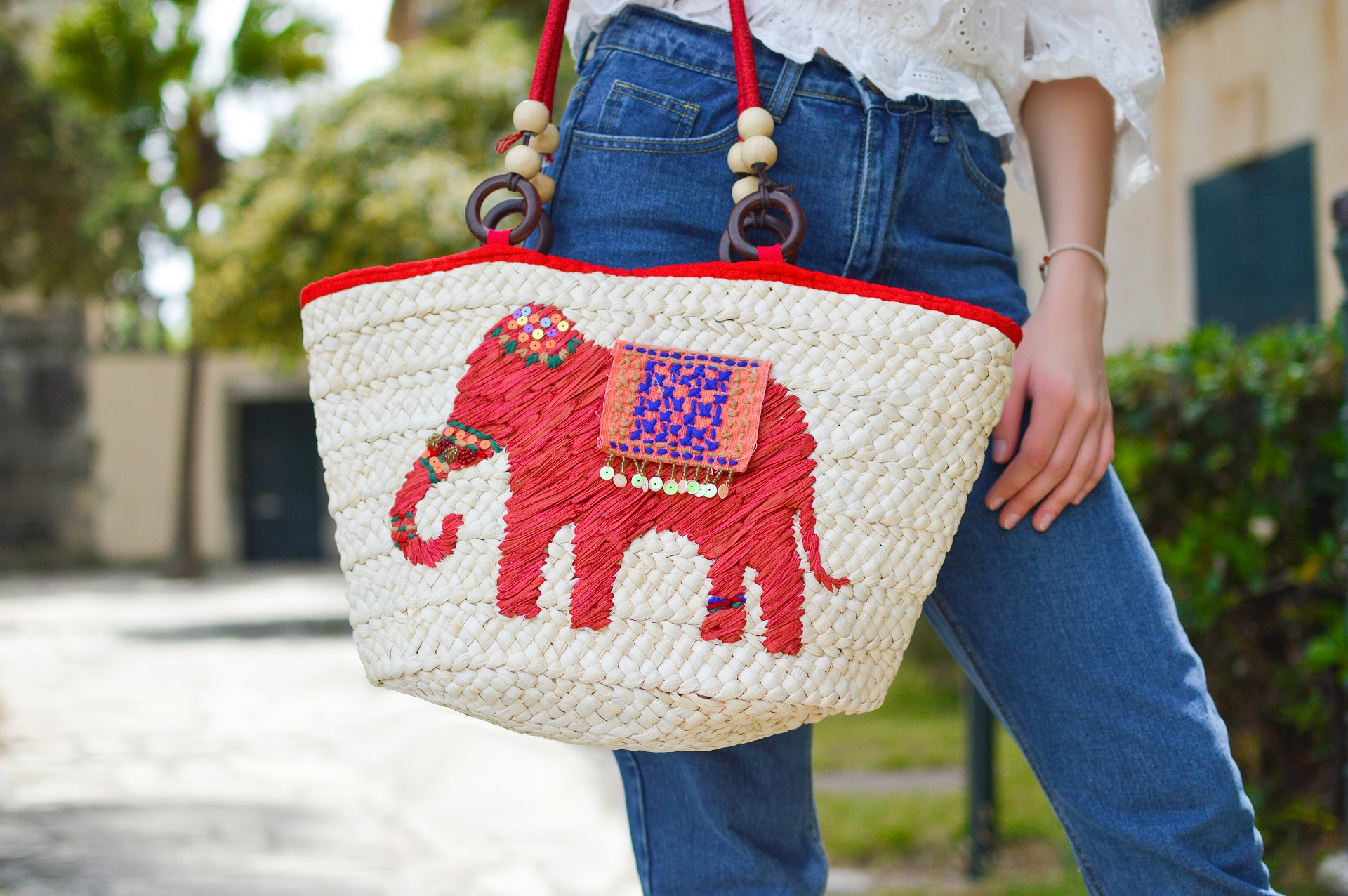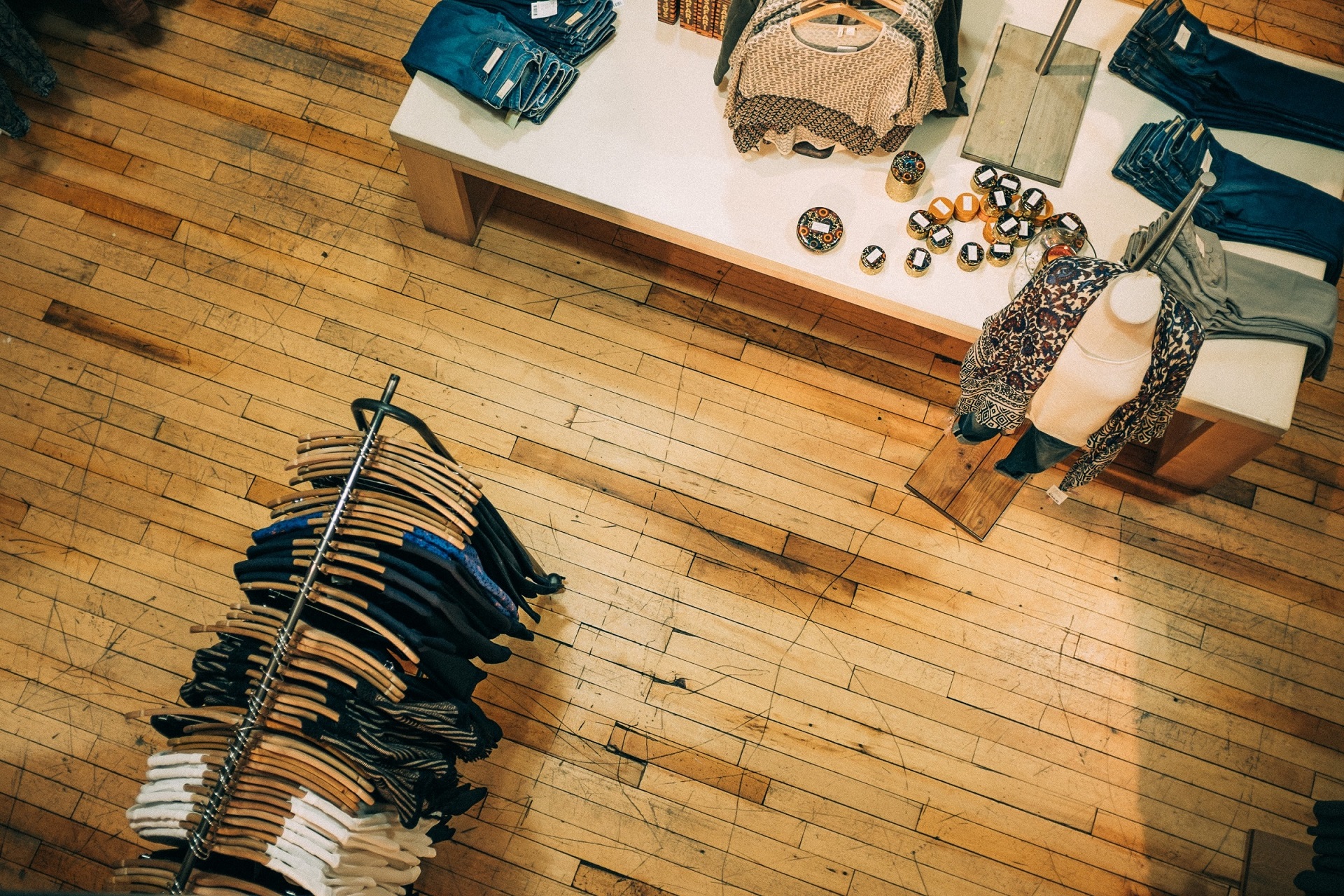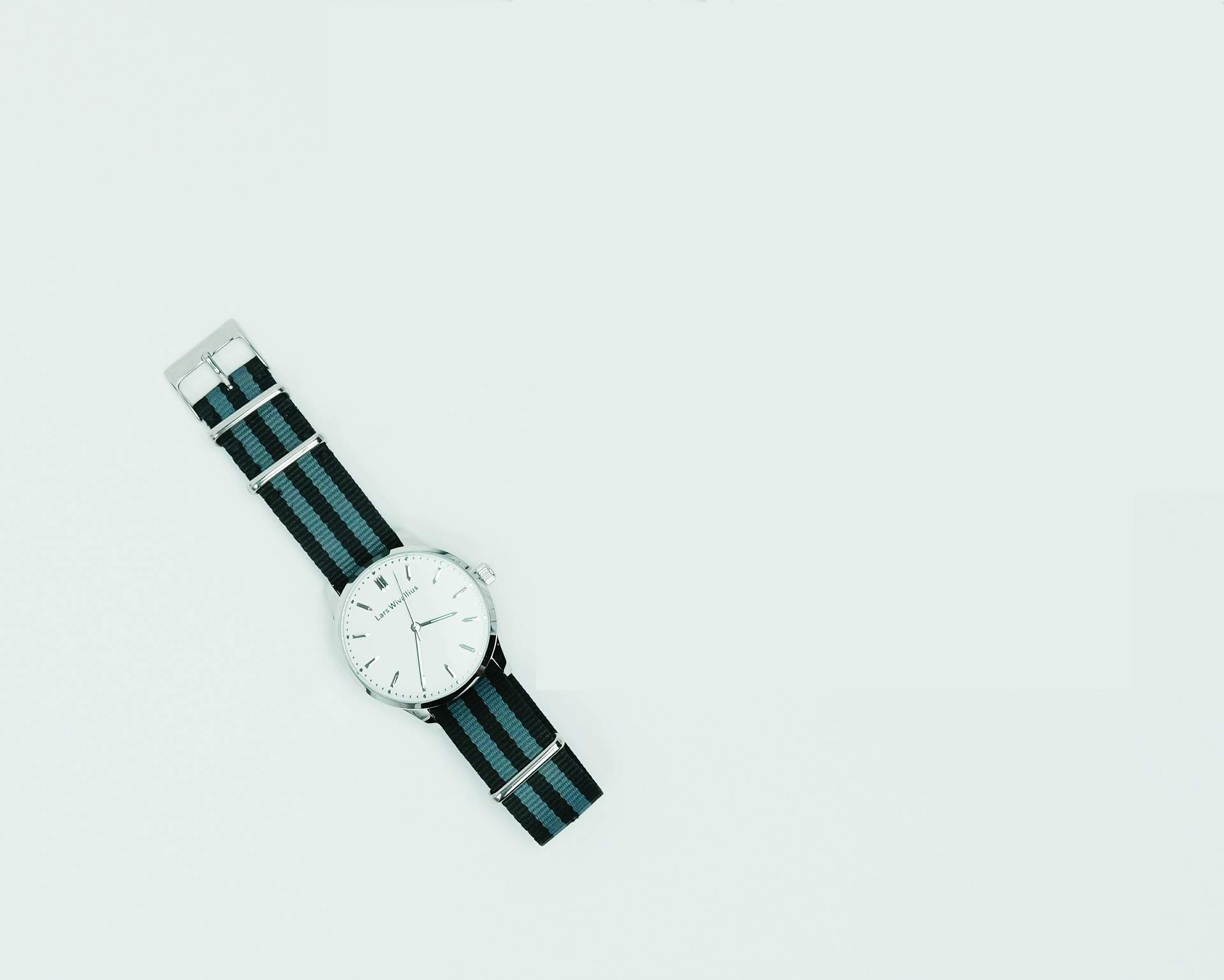Ethical fashion’s appeal is on the rise today…
With awareness of environmental degradation, animal cruelty, fair wages, global warming and climate change increasing, people are slowly but steadily moving to more sustainable or ‘green’ choices – be it turning vegan or vegetarian, eschewing plastic, wearing environment-friendly clothes, opting for organic food, etc.
Sustainable fashion and ethical fashion are on the rise too. It is still a niche market but is catching on especially in Europe and the US where people are becoming more conscious of their carbon footprint. H&M, Topshop, Marks & Spencer’s and Urban Outfitter are some of the brands who are offering sustainable fashion abroad. Pharrel William, along with G Star, has launched a denim range, RAW for the Oceans, made from recycled plastic that is taken from the ocean. Williams says on their website, “Climate change is one of the most defining issues of our time. We can each do our part, and recycling ocean plastics is a good way to start.” In India too, there are entrepreneurs who have jumped on to the green fashion bandwagon. And the number is steadily increasing.
As an entrepreneur who wants to venture into ethical fashion, you do need to be aware that most sustainable fashion products are priced higher so it is still a niche market. Nevertheless, the market is growing and if your product is good, then you can build a loyal clientele.
So here are some ideas for you if you are a fashion designer:
Cloth bags and totes: Vegans do not use leather products. And many vegetarians too are shunning them. So pretty bags made of cloth – be it jute, cotton or linen – are catching on. Plus, in India, many states are banning plastic. So, you could craft attractive shopping bags for the environment-conscious but fashionable consumer.
Eri silk clothes: The Eri silkworms feed on the leaves of castor plants and their carbon footprint is low, which is good for the environment. Plus, there are no chemical processes involved in drawing the silk.
Upcycled bags: You could use rubber tires, coir, tetra packs, etc to fashion bags and wallets that make a statement!
Transforming saris: Today, so many of us have unused saris in our closets. A great number of women today don’t wear saris except for weddings or special occasions. These saris could be turned into contemporary clothes, cushion covers, quilts, curtains and what have you.
Second-hand clothing: This is catching on even in India. So why not make a business of it? You can reduce the carbon footprint, get people to recycle old clothes and profit from it. So many rich folks buy designer clothing and wear it just once and discard it. Or it lies in their closet. If you can make a business of selling designer clothes, chances are you will have a market because so many who aspire to designer clothes just don’t have the means to buy them. When you sell them good designer stuff at affordable rates, they are bound to be interested. By selling second hand clothes, you give garments a new life and extend their life cycle, which in itself is eco-friendly.
Non-leather footwear: With so many options in terms of material, you could launch an ethical footwear brand where no leather is used.
Non-leather watch straps: Even in the age of smartphones, watches have not gone out of fashion. People still sport watches. But many would not want to use leather straps. So, you could come up with attractive non-leather watch straps.
Ethical clothing: This means sourcing material that is ethically produced, having the work crafted fairly (not in sweatshops). Consumers are increasingly horrified by sweatshops where workers are exploited. They are looking at the provenance of their clothing choices.
The world is your oyster as far as ethical fashion goes. Green is the new black! If fashion is your passion, you can find so many ways to craft products that are attractive but sustainable and ethical as well.



















































